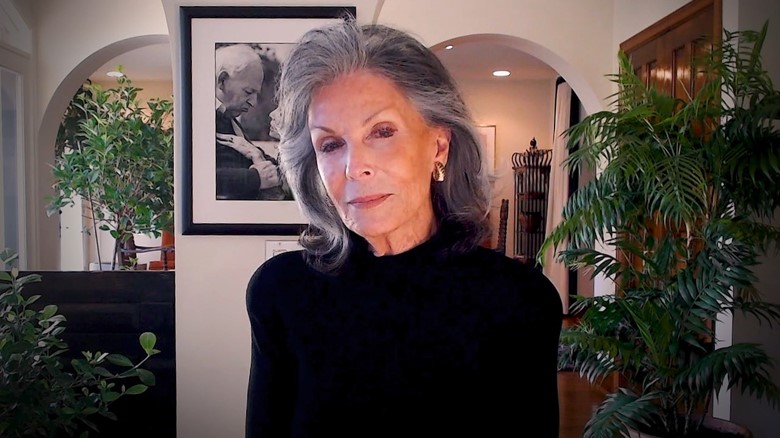Experiencing Years of Misdiagnosis
Alzheimer's Disease
Transcript
Title: Experiencing Years of Misdiagnosis
Subject: Meryl Comer
Harvey was atypical. He had maintained his brain. Go back 24 years. He was too young. He was too strong. He was too smart. So, he was not even close to the radar screen of Alzheimer's. In fact, you go back 24 years and I as a journalist had never heard the term before until he was given the diagnosis. And he was misdiagnosed over and over again for about 4.5 years. Harvey, was in denial all the way into the disease, which made it very difficult to try to even help him. The other big challenge is try to get a doctor to a doctor. I was forced to actually call a lawyer friend and say we’ve got to get him to a doctor; something’s wrong. And as a doctor’s wife, I always respected the fact that they’re very busy. So, I typed up my observations. And when we finally got him to a doctor, I handed him my write-up to both of them. The doctor took him back, examined him, came back and said no gross abnormalities. Why don’t you get off his back? I will never forget those words, because now he didn’t trust me. Before, I was trusted. Now, the paranoia set in. So, it complicated my efforts to help him.
After my first visit to the doctor, I was on a quest to find out what was going on. I would not stop. I did not want his career destroyed. I knew there was something wrong and that took me on a journey with a number of different doctors at different facilities, they’re recommending things that I would try, thinking he had pernicious anemia because he was prematurely gray, that he had depression. There were a suite of things, but Alzheimer's was never mentioned. Every doctor we encountered was reluctant to diagnose Harvey. I think Harvey was treated in a deferential manner because he was a physician and a researcher. He would know about disease if it existed. And when he brushed it off, they brushed it off. It took 4.5 years before my husband was formally diagnosed with the disease. Those are critical years when you can begin to live life, make decisions, leave your work, travel, do things, because the window closes. And that is the heartbreak of the disease.
I remember the moment of diagnosis. the doctor said I think he has Alzheimer's. My husband was a doctor himself seated right across, offered a blank stare. It didn’t mean anything to him. By that time, after three or four years of trying to figure out what was wrong, it didn’t register. In my own mind I thought now what do I do? You’re handed the diagnosis and not given what’s next. Not, we advise you to go here, there are resources over here, we have a social worker who can talk to you. None of that existed two decades ago. Once we received the diagnosis the first time I knew that I wanted a second diagnosis. I was not going to let his life be destroyed by a misdiagnosis. I took him to a famous academic center, and they confirmed the diagnosis. It took us 4.5 years to get a diagnosis and then almost another year to confirm it. We have disease-modifying therapies on the horizon. But at the moment, what do we have to offer? And I think that is problematic. And that, in my opinion, is why I say tell it like it is to families because there is only a short window of time where we can get our affairs in order, honor our loved one’s wishes about how they want their life conducted. But we are missing that window. We're missing that window for any interventions, which troubles me even more.

Comments (0)
Add new comment